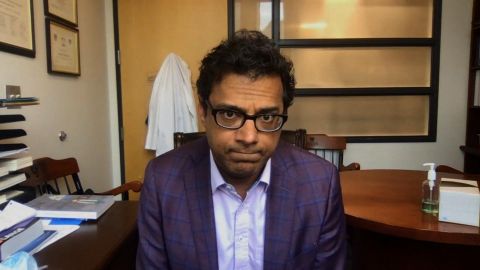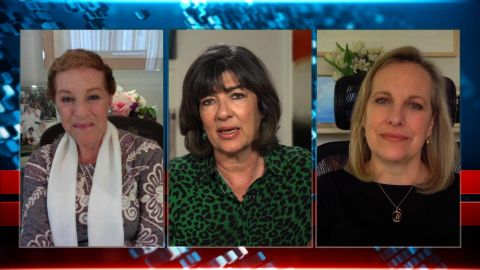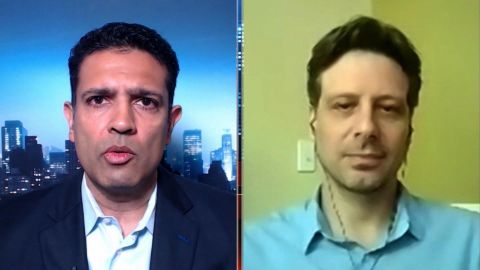Read Transcript EXPAND
CHRISTIANE AMANPOUR: I want to ask you whether you think at this stage it’s useful to try to figure out where this virus came from in terms of is it a Wuhan lab, is it not? What do you think of this call for an investigation, an independent investigation, into the WHO and the rest of it?
DR. ATUL GAWANDE, SURGEON, BRIGHAM AND WOMEN’S HOSPITAL: The investigation of the response I think could be useful. I think the lesson, over and over again, when it — at the moment when it started to the response over the first few weeks to response today is that when you suppress truth, when you suppress the facts of when’s happening with spread, it ends up harming life, it ends up making matters worse. And we keep to seem to have relearn that over and over again.
AMANPOUR: So, the secretary of health, you know, the U.S. secretary of health and human services, Alex Azar, said to the assembly, in an apparent attempt to conceal the outbreak at least one-member state made a mockery of their transparency obligations with tremendous cost for the entire world. You know, China was not named, you know, as a target of this investigation but it’s already, you know, fired back and said, it’s premature to immediately begin an investigation. Again, what do you think? When you look at this, when you have obviously done a huge amount of observation and research and you’re now, you know, in the mitigation phase in the hospital there, what do you think about its origin? Where do you think it started?
GAWANDE: Well, I don’t think we have enough information about the origin. It’s clear it came from animals. I think the evidence is that it started in animal species transferred to humans. There is a lot of inconsistencies about whether it emerged in a wet market or somewhere else in the very, very beginning. And understanding that and understanding where we went wrong in detection and how we could fix is important. And then in the response as it spread, then the refusal of the Chinese government in the beginning and the WHO to recognize human to human transmission was occurring really understanding why that happened. And then even to today, we still are in a phase where we are not always willing to bring the truth forward and allow public health authorities and clinicians to speak about what they see. So, this is critical.
About This Episode EXPAND
Christiane speaks with Dr. Atul Gawande about the current COVID-19 statistics and Julie Andrews and Emma Walton Hamilton about their new podcast for children. Hari Sreenivasan speaks with former Foreign Minister of Ecuador Guillaume Long about the severe challenges facing Latin America.
LEARN MORE


